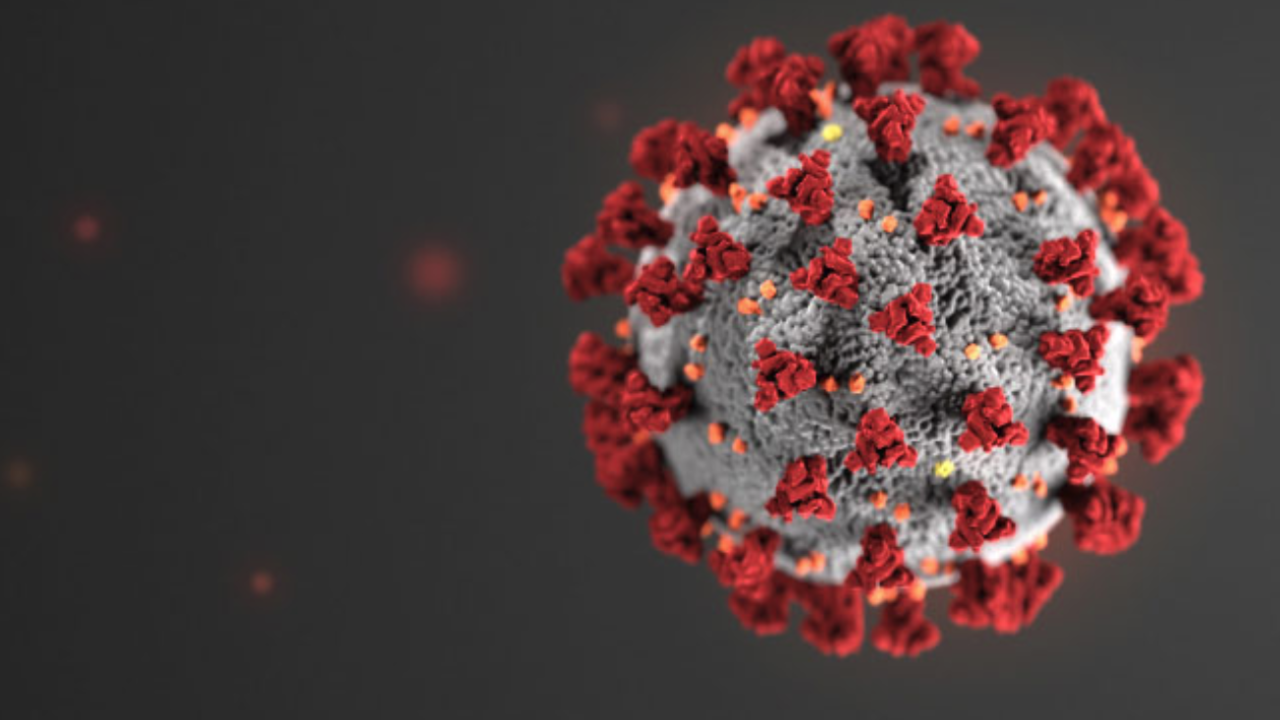PHOENIX — The Brazilian variant of the COVID-19 virus has been detected in Arizona, state health officials announced Friday, adding that studies have shown that current vaccines are effective against it.
The variant was detected in three test samples from the state, the Arizona Department of Health Services, Yuma County Public Health Services District and Translational Genomics Research Institute (TGen) said in a news release late Friday.
Officials did not provide any more specific information on where in the state the variants were detected or how they may have arrived in the state.
According to the U.S. Centers for Disease Control and Prevention, the variant was first detected in the U.S. in January.
Similar to the UK variant, which was detected in Arizona in February, these variants appear to spread faster and more easily than other variants, which could possibly lead to an increase in cases, the CDC said in a Feb. 12 post on its website.
However, the CDC also states that "so far, studies suggest that antibodies generated through vaccination with currently authorized vaccines recognize these variants. This is being closely investigated and more studies are underway."
In its news release, Arizona health officials said, "it is typical for viruses to change through mutation as they continue spreading, and new variants of a virus are expected to occur over time. Sometimes new variants emerge and disappear. Other times, new variants appear and linger. It isn’t known how widely the variant may have spread in Arizona."
State officials said they were working with TGen and other agencies to monitor the situation.
The so-called "California variant" has also been detected in Arizona, officials previously said.
Officials said the discovery was another reminder for Arizonans to follow the state's COVID-19 guidance:
- Wear a mask over your nose and mouth around anyone who does not live with you.
- Maintain physical distance of at least 6 feet from those who aren’t members of your household.
- Wash your hands often with soap and water for at least 20 seconds. If soap and water are not available, use an alcohol-based hand sanitizer that contains at least 60% alcohol.
- Avoid touching your eyes, nose, and mouth with unwashed hands.
- Stay at home when you are sick.
- Cover your cough or sneeze with a tissue or your sleeve (not your hands) and immediately throw the tissue in the trash.
- Clean and disinfect frequently touched objects and surfaces.
- If you are at higher risk for severe illness, you should avoid attending congregate settings. People at higher risk for severe illness include adults 65 or older and people of any age who have serious underlying medical conditions.
- Get vaccinated when you are eligible.




